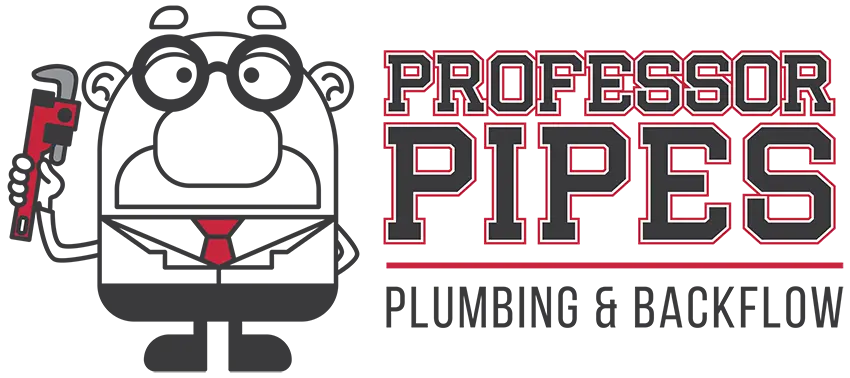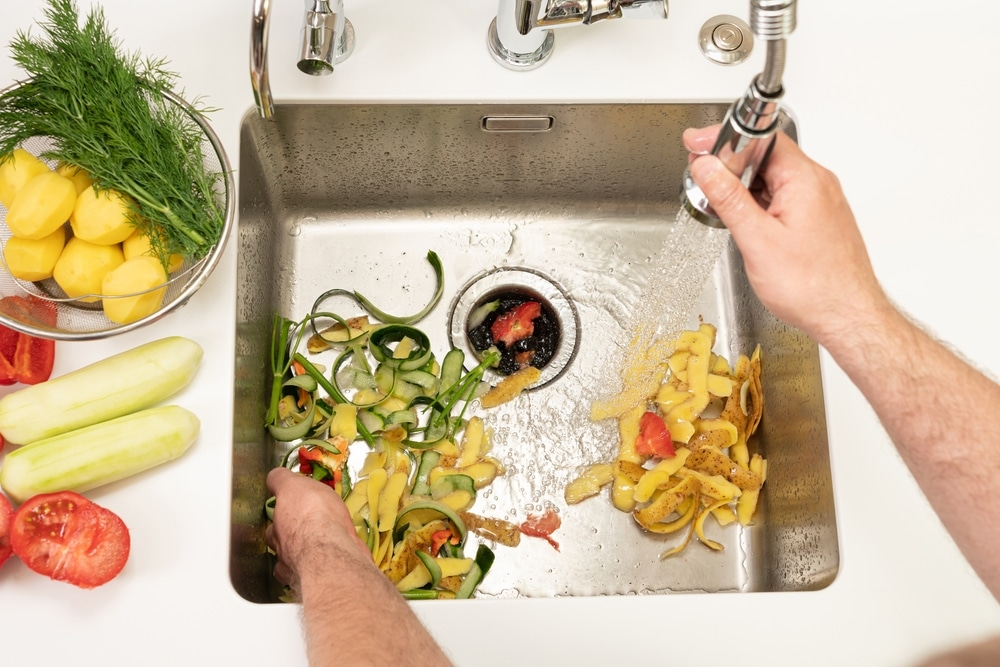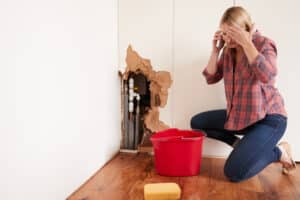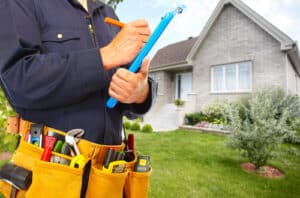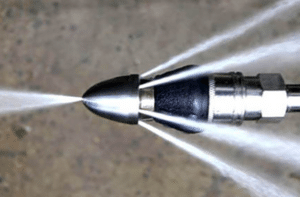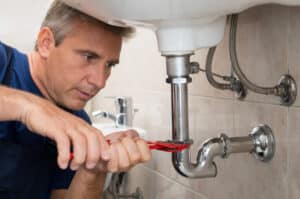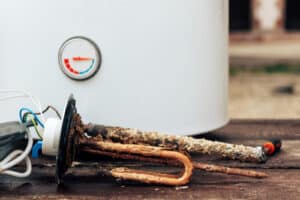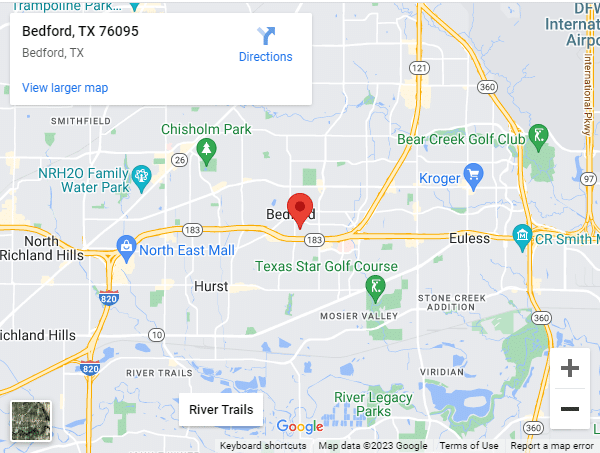A garbage disposal is a convenient and essential kitchen appliance that simplifies the process of discarding food waste and maintaining a clean cooking environment. However, garbage disposals are susceptible to various issues arising from improper use or lack of maintenance.
Given the indispensable role that garbage disposal plays in managing kitchen waste, it is crucial to understand the importance of proper care, usage, and maintenance. By being mindful of the items you put into the disposal, routine cleanings and maintenance practices, you can help maintain its optimal functionality and longevity. Additionally, it’s vital to recognize common issues and address them promptly, minimizing the risk of damage to your disposal or entire plumbing system.
In this comprehensive guide, we will discuss the preventive measures to avoid common garbage disposal issues, along with expert advice on resolving problems when they arise. Furthermore, we will emphasize the benefits of seeking professional assistance for more complex issues or maintenance needs, ensuring your garbage disposal’s safe, smooth, and efficient operation.
Preventing Garbage Disposal Problems: Best Practices
Adopting the following best practices can help prevent common issues and ensure your garbage disposal operates efficiently and effectively:
1. Be Mindful of What You Put in the Disposal
Avoid putting certain items and substances in your garbage disposal to prevent clogs and damage. Some materials to avoid include:
– Grease, fats, and oils, which can congeal and cause blockages
– Fibrous foods like celery, asparagus, and corn husks, which can wrap around the blades and hinder motor function
– Starchy foods such as potatoes or pasta, which can form a starchy paste and lead to clogs
– Bones and other hard objects that can damage the blades or overload the motor
2. Run Cold Water When Using the Disposal
Always run cold water when using the garbage disposal to help solidify any grease or fats, preventing them from adhering to the blades and drainpipes.
3. Keep the Disposal Clean and Odor-Free
Regular cleaning of your garbage disposal can prevent unpleasant odors and minimize potential issues. Try occasionally running some dish soap with cold water through the disposal or use an approved cleaning product specifically designed for garbage disposals.
4. Sharpen the Blades
Keeping the disposal blades sharp can help maintain optimal performance. To sharpen the blades, periodically grind small, hard materials such as ice cubes or eggshells, which can also assist in scouring away residue and buildup.
Addressing Common Garbage Disposal Issues
Even with proper care and use, some garbage disposal issues may still arise. In this section, we will explore some common problems and how to resolve them:
1. Clogs and Blockages
Clogs can be caused by a buildup of various items or substances, both in the disposal itself and further down the drainage pipes. To resolve a clogged garbage disposal:
– Turn off the power to the disposal to prevent motor damage and ensure safety.
– Use a flashlight to inspect the disposal chamber and remove any visible debris.
– If the clog is further down the drainpipe, use a sink plunger or auger to dislodge the blockage.
2. Leaks
Leaks can occur around the sink flange, plumbing connections, or at the bottom of the garbage disposal unit. Here’s how to address disposal leaks:
– For sink flange leaks, reseal the flange using plumber’s putty.
– Leaks at the plumbing connections may require replacing worn or damaged gaskets or tightening loose connections.
– If the leak is at the bottom of the unit, a professional plumber should assess the situation, as it may indicate the need for a replacement.
3. Disposal Not Turning On
If your garbage disposal does not turn on when you flip the switch, it could be due to a circuit breaker trip, a faulty switch, or an internal issue with the motor. To troubleshoot:
– Check your circuit breaker to ensure it hasn’t been tripped.
– Press the reset button on the bottom of the disposal, which might restore the unit’s function if it has shut off due to overload or overheating.
– If neither of these solutions works, contact a professional plumber for further assistance.
The Importance of Professional Assistance
While some garbage disposal issues may be resolved with simple DIY methods, it’s important to seek professional assistance for more complex problems. Attempting to repair or replace garbage disposals without proper knowledge and tools can result in further damage or injury.
Experienced plumbers like the team at Professor Pipes Plumbing & Backflow can accurately diagnose issues, efficiently repair or replace your garbage disposal, and provide essential advice on maintaining and operating the unit.
Final Thoughts
A properly functioning garbage disposal can contribute significantly to a clean and convenient kitchen space in your home. By following best practices for use, cleaning, and maintenance, you can prevent common issues and prolong the life of your disposal.
However, when problems arise, it’s crucial to address them promptly, either through DIY methods or by enlisting the help of experienced professionals like the team at Professor Pipes Plumbing & Backflow.
Don’t let garbage disposal problems disrupt your daily life. Trust Professor Pipes Plumbing & Backflow’s skilled plumbers in Bedford, TX, to expertly address your repair and maintenance needs and the surrounding areas. Schedule a thorough inspection, repair, or installation appointment today for peace of mind and a smoothly running kitchen waste disposal system!
